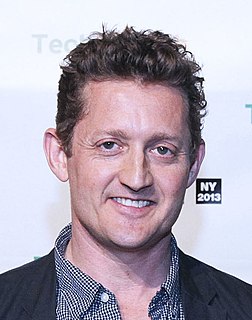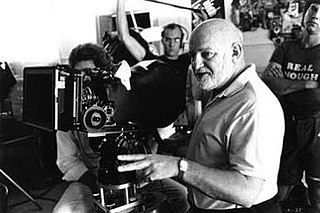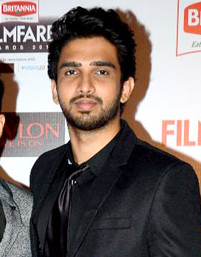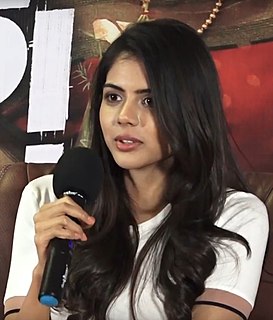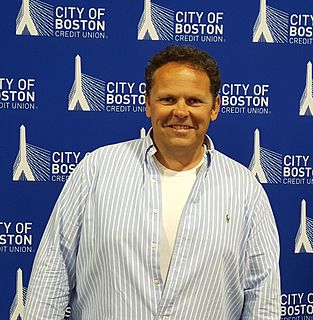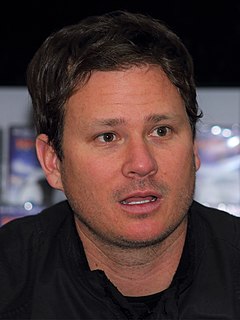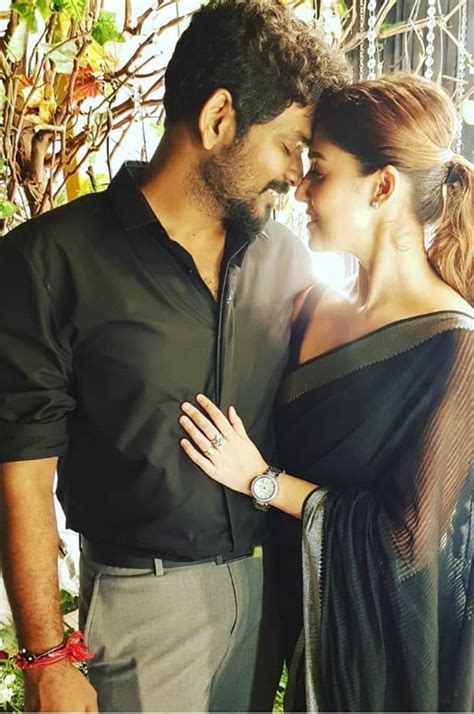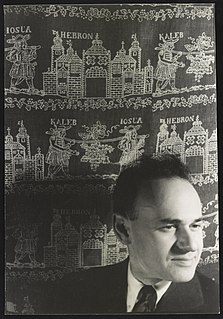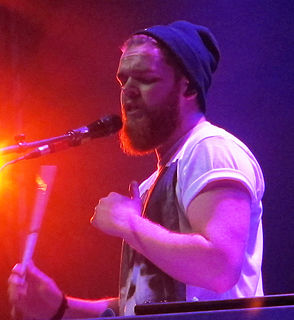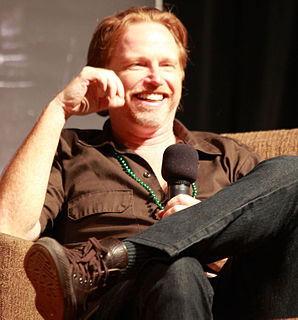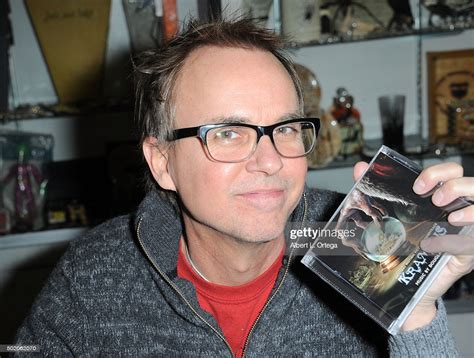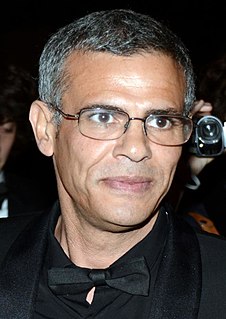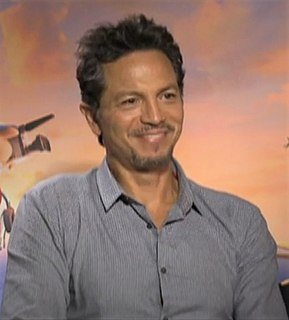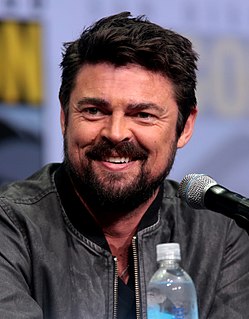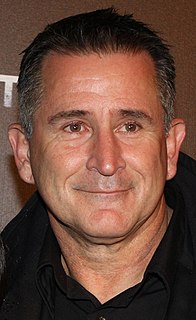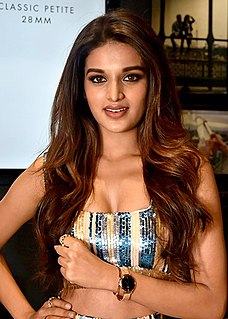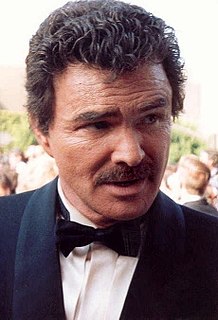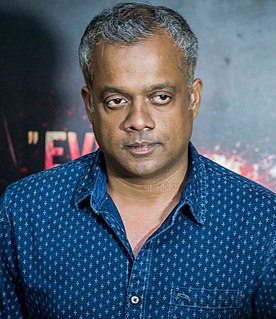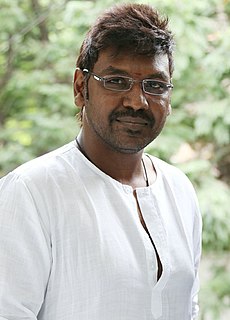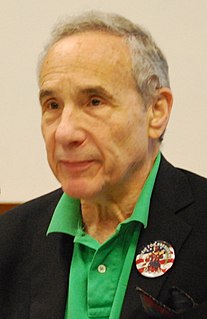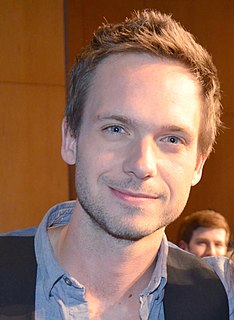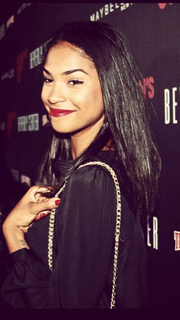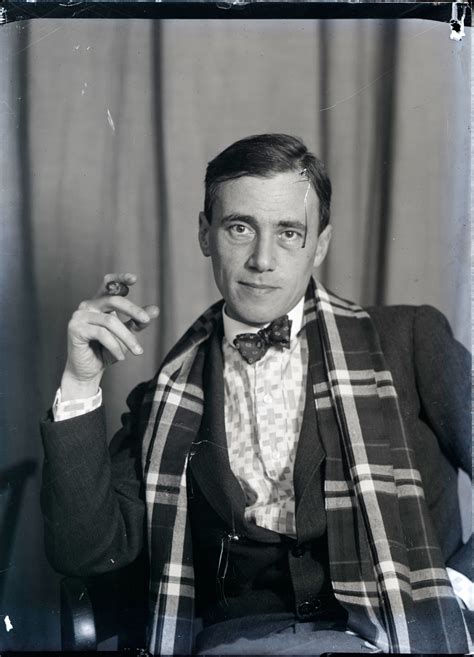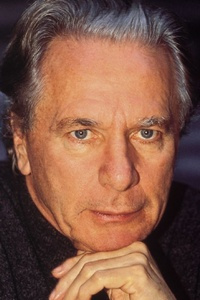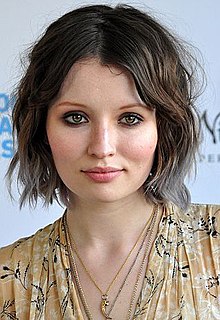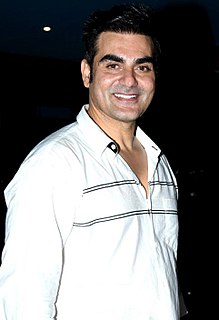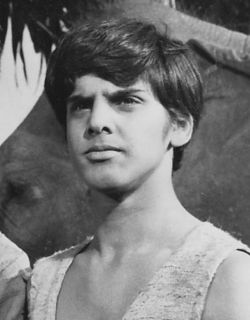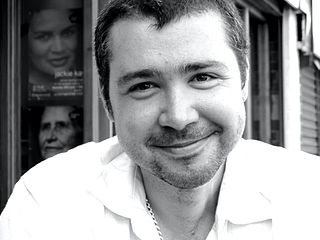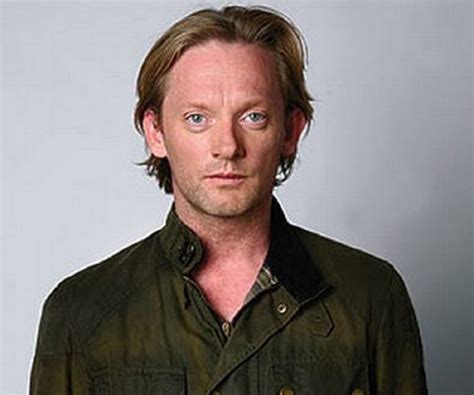Top 1200 Popular Film Quotes & Sayings - Page 18
Explore popular Popular Film quotes.
Last updated on December 12, 2024.
When I make a film, I never stop uncovering mysteries, making discoveries. When I'm writing, filming, editing, even doing promotional work, I discover new things about the film, about myself, and about others. That is what I'm subconsciously looking for when shooting a film: to glimpse the enigmas of life, even if I don't resolve them, but at least to uncover them. Cinema is curiosity in the most intense meaning of the word.
It's very important that a film that intends to play tricks on the audience... has to play fair with the audience. For me, any time you're going to have a reveal in the film, it's essential that it have been shown to the audience as much as possible. What that means is that some people are going to figure it out very early on. Other people not til the end. Everybody watches the film differently.
In spite of their obvious differences, folk art and popular art have much in common; they are easy to understand, they are romantic, patriotic, conventionally moral, and they are held in deep affection by those who are suspicious of the great arts. Popular artists can be serious, like Frederick Remington, or trivial, like Charles Dana Gibson; they can be men of genius like Chaplin or men of talent like Harold Lloyd; they can be as uni versal as Dickens or as parochial as E.P. Roe; one thing common to all of them is the power to communicate directly with everyone.
I was playing in a band and was approached to score an independent film. I had never done it, but had written instrumental music, so I figured I could do it. Turns out I loved scoring the film, and took on another couple films before realizing that if I was to be an effective narrative composer, I should study the craft of composition. I stopped taking projects and got a degree in orchestral music composition, and followed that with film scoring studies. Near the end of my degree studies, I started taking on student films as a way to get back into film scoring.
I'm planning some films in the U.K., and it will have pros and cons. It takes a lot more time to set up a film in the U.K., because you can't rely on much. In Greece, friends show up and bring what they can and you make the film. Well, that's a bit simpler than how it really is. But when you make a film with proper industries, it takes more time to synch all these things.
This film [ Blue is the Warmest Color] actually is the result of me talking with my producer Vincent [Maraval]. I gave him a bunch of ideas and then Vincent helped guide me and develop this particular film. I enjoy that rapport to have somebody else help guide me in my choices for the next film. The poetic way of looking at it is which project is going to choose me as a director.
Yet as I cast my eye over the whole course of science I behold instances of false science, even more pretentious and popular than that of Einstein gradually fading into ineptitude under the searchlight; and I have no doubt that there will arise a new generation who will look with a wonder and amazement, deeper than now accompany Einstein, at our galaxy of thinkers, men of science, popular critics, authoritative professors and witty dramatists, who have been satisfied to waive their common sense in view of Einstein's absurdities.
I conceive of the film as a modern art form particularly interesting to the sense of sight. Painting has its own peculiar problems and specific sensations, and so has the film. But there are also problems in which the dividing line is obliterated, or where the two infringe upon each other. More especially, the cinema can fulfill certain promises made by the ancient arts, in the realization of which painting and film become close neighbors and work together.
Perhaps I shall not write my account of the Paleolithic at all, but make a film of it. A silent film at that, in which I shall show you first the great slumbering rocks of the Cambrian period, and move from those to the mountains of Wales...from Ordovician to Devonian, on the lush glowing Cotswolds, on to the white cliffs of Dover... An impressionistic, dreaming film, in which the folded rocks arise and flower and grow and become Salisbury Cathedral and York Minster.
